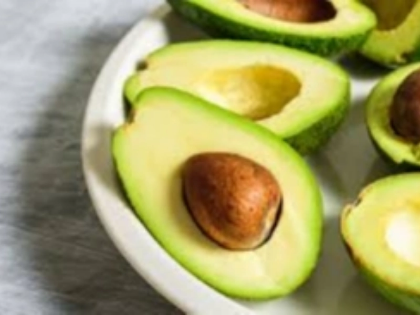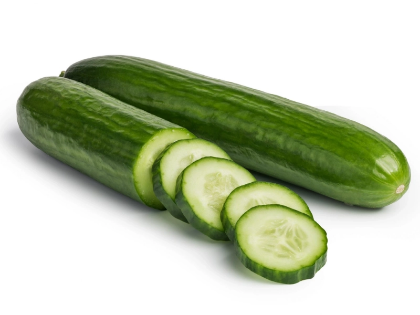Does Pear Cause Cholesterol?
Does cholesterol come from pears? Pears are low in calories and rich in potassium, fiber, vitamin C and phytochemicals. They can improve heart health, lower cholesterol and speed up metabolism. They don't even contain fat or sodium. Pears contain 9% of the required daily value of vitamin C in a 100-gram serving, along with trace amounts of riboflavin, niacin and folic acid. It also contains high levels of potassium and copper, two elements that support heart function.
Fiber
 Fiber is a crucial component that aids in weight loss, strengthens meals to make you feel fuller sooner, and supports regular bowel movements. In diabetics it also controls blood glucose levels. Some fibers help the digestive tract get rid of fats by binding to them. Some are fermentable, meaning your gut bacteria can break them down and create beneficial byproducts.
According to studies, soluble fiber lowers blood cholesterol levels by binding and passing cholesterol through feces. The soluble fiber in medium-sized pears can reduce cholesterol by 2%. Important polyphenolic antioxidants found in pear skin also help prevent oxidative damage. Pears are also a good source of potassium, which supports heart and muscle contraction, and copper, which is essential for the immune system and neuronal function. Furthermore, pears are naturally low in calories, fat and salt. Reducing the risk of heart disease, diabetes and several types of cancer is linked to a diet rich in dietary fiber.
Fiber is a crucial component that aids in weight loss, strengthens meals to make you feel fuller sooner, and supports regular bowel movements. In diabetics it also controls blood glucose levels. Some fibers help the digestive tract get rid of fats by binding to them. Some are fermentable, meaning your gut bacteria can break them down and create beneficial byproducts.
According to studies, soluble fiber lowers blood cholesterol levels by binding and passing cholesterol through feces. The soluble fiber in medium-sized pears can reduce cholesterol by 2%. Important polyphenolic antioxidants found in pear skin also help prevent oxidative damage. Pears are also a good source of potassium, which supports heart and muscle contraction, and copper, which is essential for the immune system and neuronal function. Furthermore, pears are naturally low in calories, fat and salt. Reducing the risk of heart disease, diabetes and several types of cancer is linked to a diet rich in dietary fiber.
Vitamin C
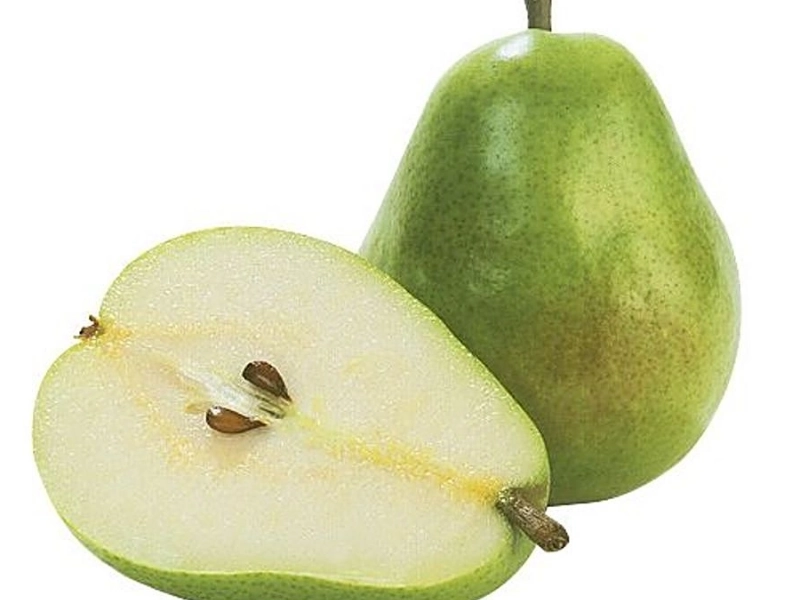 Pears are low in fat and cholesterol and rich in dietary fiber and vitamin C. Additionally, they contain potassium and calcium, two nutrients that reduce blood pressure. Studies have shown that a diet high in fiber and low in salt helps reduce the risk of heart disease.
Before cholesterol can be absorbed, the soluble fiber in pears binds to it and transports it out of the body. Furthermore, it maintains regular elimination and tones the intestine. It is therefore a crucial component of a balanced diet.
A medium pear contains 14% of the recommended daily allowance of vitamin C, which is another component that the fruit is rich in and has antioxidant qualities that can help prevent coronary heart disease. High vitamin C consumption has also been linked to decreased blood pressure and BMI. Additionally, it can help prevent age-related cognitive decline and chronic diseases such as diabetes.
Pears are low in fat and cholesterol and rich in dietary fiber and vitamin C. Additionally, they contain potassium and calcium, two nutrients that reduce blood pressure. Studies have shown that a diet high in fiber and low in salt helps reduce the risk of heart disease.
Before cholesterol can be absorbed, the soluble fiber in pears binds to it and transports it out of the body. Furthermore, it maintains regular elimination and tones the intestine. It is therefore a crucial component of a balanced diet.
A medium pear contains 14% of the recommended daily allowance of vitamin C, which is another component that the fruit is rich in and has antioxidant qualities that can help prevent coronary heart disease. High vitamin C consumption has also been linked to decreased blood pressure and BMI. Additionally, it can help prevent age-related cognitive decline and chronic diseases such as diabetes.
Copper
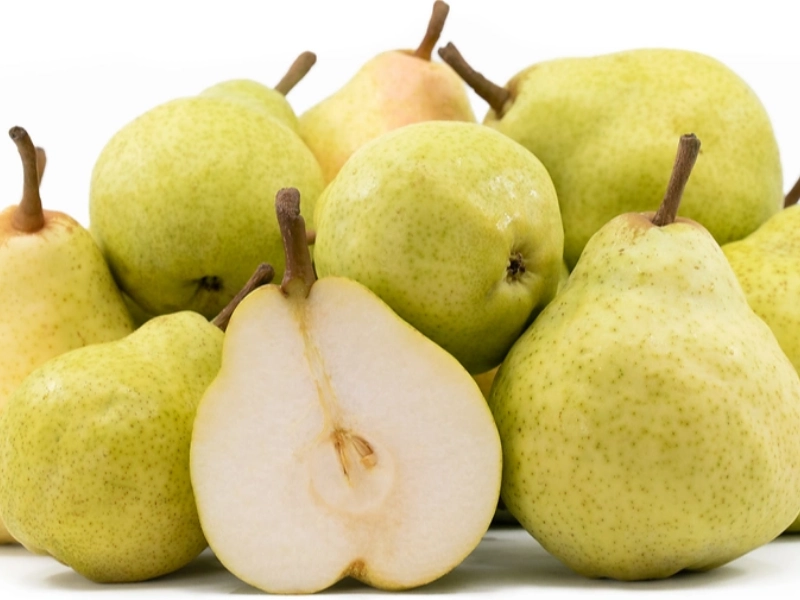 Pears contain copper, which helps the body produce red blood cells and absorb iron. Iron and copper mineral deficiencies can lead to exhaustion, weakened muscles, impaired cognitive function, and malfunctioning organ systems.
Pear antioxidants can prevent heart disease and protect the body from the harmful effects of free radicals. Pears are a healthy addition to any diet because they are low in fat and sodium. They go well with lean proteins like fish or chicken, but also on their own or in a fruit salad.
Soluble fiber from two medium-sized pears can lower cholesterol by 2%. Oral allergy syndrome (OAS), a moderate reaction characterized by itchy mouth and throat, can instead be caused by an allergy to pears. Antihistamines can help alleviate this problem, as they do with pollen allergies. A food allergy is not the same as an intolerance, which is a condition in which the immune system is not affected.
Pears contain copper, which helps the body produce red blood cells and absorb iron. Iron and copper mineral deficiencies can lead to exhaustion, weakened muscles, impaired cognitive function, and malfunctioning organ systems.
Pear antioxidants can prevent heart disease and protect the body from the harmful effects of free radicals. Pears are a healthy addition to any diet because they are low in fat and sodium. They go well with lean proteins like fish or chicken, but also on their own or in a fruit salad.
Soluble fiber from two medium-sized pears can lower cholesterol by 2%. Oral allergy syndrome (OAS), a moderate reaction characterized by itchy mouth and throat, can instead be caused by an allergy to pears. Antihistamines can help alleviate this problem, as they do with pollen allergies. A food allergy is not the same as an intolerance, which is a condition in which the immune system is not affected.
Potassium
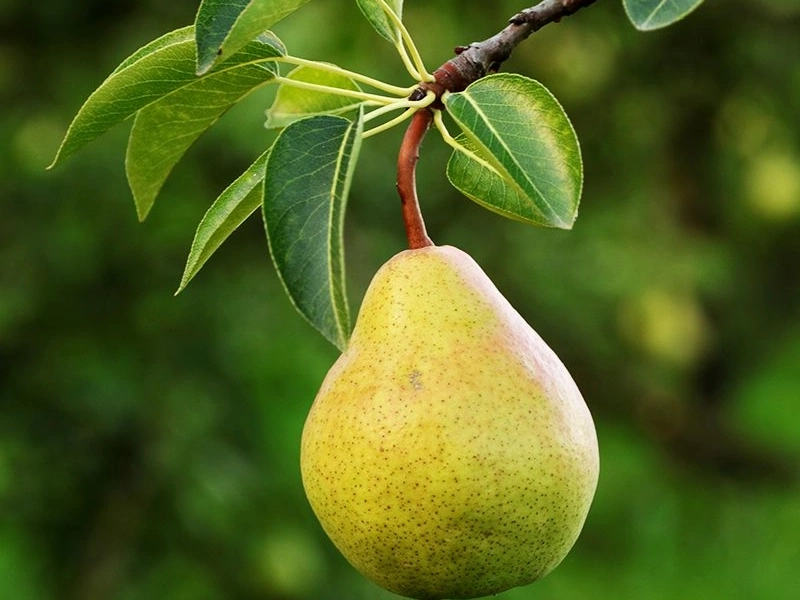 A diet rich in potassium (25-30 g per day, or 6 g from a medium pear) can reduce the risk of heart disease. Compared to those who didn't eat enough fruits and vegetables, each 80-gram serving of fruit (about the size of a medium pear) consumed daily reduced the risk of heart disease and stroke by 6 percent, according to a 2015 study that included more than 30,000 women.
Potassium is essential for numerous bodily processes, such as building bone density, contracting muscles, transmitting nerve messages, and regulating blood pressure and fluid balance. However, most Americans do not get the recommended daily allowance of potassium. Adequate potassium intakes were recently updated by the National Academies of Sciences, Engineering, and Medicine. You can help yourself reach your daily goal by eating a wide range of fruits, vegetables, whole grains and low-fat dairy products. (Refer to the NIH.)
A diet rich in potassium (25-30 g per day, or 6 g from a medium pear) can reduce the risk of heart disease. Compared to those who didn't eat enough fruits and vegetables, each 80-gram serving of fruit (about the size of a medium pear) consumed daily reduced the risk of heart disease and stroke by 6 percent, according to a 2015 study that included more than 30,000 women.
Potassium is essential for numerous bodily processes, such as building bone density, contracting muscles, transmitting nerve messages, and regulating blood pressure and fluid balance. However, most Americans do not get the recommended daily allowance of potassium. Adequate potassium intakes were recently updated by the National Academies of Sciences, Engineering, and Medicine. You can help yourself reach your daily goal by eating a wide range of fruits, vegetables, whole grains and low-fat dairy products. (Refer to the NIH.)


